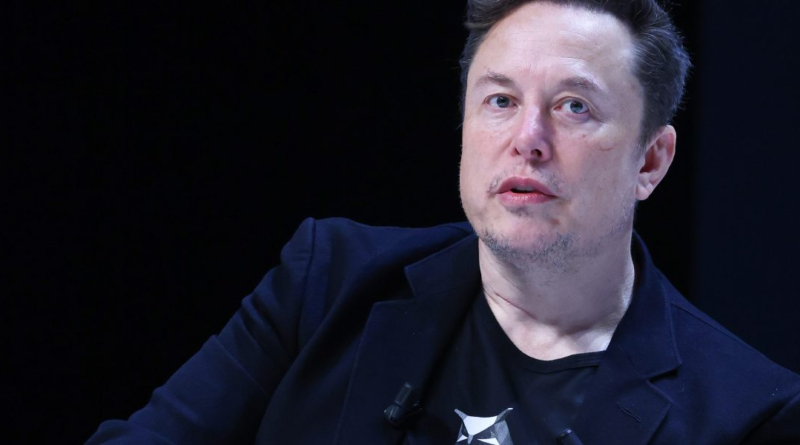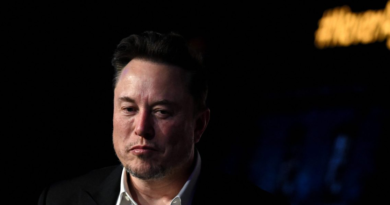Elon Musk ghosts India on new Tesla factory investment
India doesn’t expect Tesla Inc. to move forward with an investment in the country any time soon after executives at Elon Musk’s electric carmaker stopped contacting them, according to people familiar with the matter.
Musk’s team hasn’t made any further inquiries with officials in New Delhi after the billionaire postponed a visit to India in late April, the people said, asking not to be identified because they’re not authorized to speak publicly. The government is given to understand that Tesla has capital issues and doesn’t plan on pledging fresh investment into India in the near future, they said.
The loss of interest in India comes as Tesla reported a second consecutive drop in quarterly deliveries globally and faces heightened competition in China. Musk announced major staff reductions in April, the EV maker’s first new model in years, the Cybertruck, has been slow to ramp up while construction of a new plant in Mexico has been delayed.
Representatives from India’s Ministry of Heavy Industries, which oversees the automobile sector, and the ministries of finance, and commerce and industry, didn’t respond to requests for comment. Tesla also didn’t respond to a request for comment.
Musk in April scrapped a planned visit to India that would have included a meeting with Prime Minister Narendra Modi, citing pressing issues at the company.
He had originally announced his visit just weeks after India lowered the import taxes on EVs from foreign carmakers that pledge to invest at least 41.5 billion rupees ($497 million) and start EV production from a local factory within three years.
Instead, India’s government is pinning its hopes on domestic automakers like Tata Motors Ltd. and Mahindra & Mahindra Ltd. to boost EV production, the people said. Should Musk decide to re-engage, Tesla would still be welcome to avail itself of the new import tax policy, they added.
India’s EV market is in its infancy, with battery-powered cars accounting for just 1.3% of the total last year, according to BloombergNEF. Many buyers are hesitant to make the switch due to electric cars’ high upfront cost and a dearth of charging stations.



